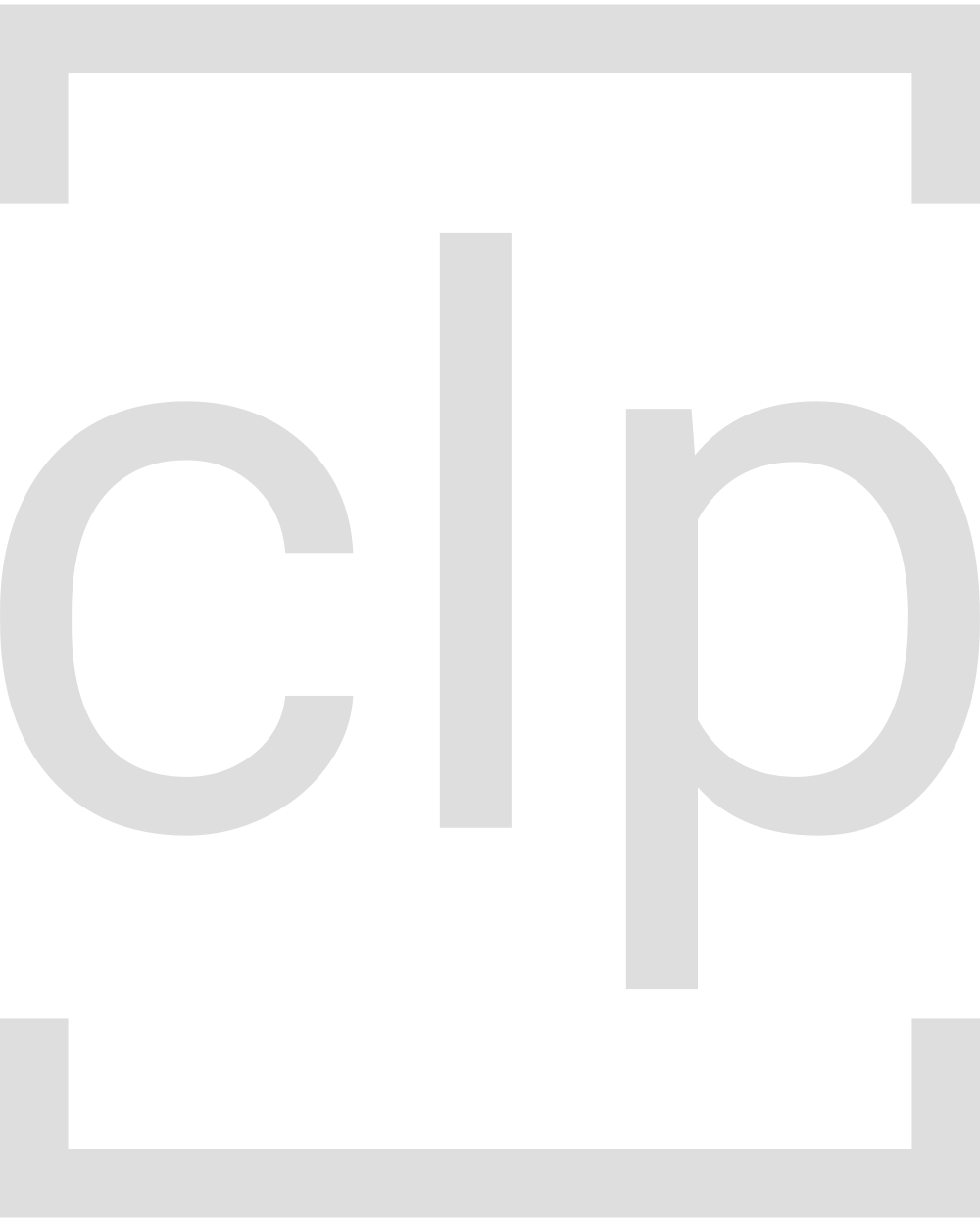There is no doubt in my mind that CLP has allowed me to come
a far way from my freshman year. The Best Self Project was arguably one of my
favorite projects within the CLP program. This project required to me collect several
different accounts on why people thought I was a leader. Being a freshman, I
mainly contacted my high school teachers for their input. I emailed several of
my teachers, all of which responded to me in a timely manner. Overall I was
blown away with the responses I received. Everyone had very positive things to
say about me that I never really saw within myself. It was a gift hearing all
of the ways I had an impact on people.
I decided to reflect all these responses in a video. To
construct my video, I thought it would be a great option to record my teachers
read their responses and incorporate their voices into my video. Unfortunately,
I was not able to receive audible responses from all of my teachers, but that
actually ended up working out for the best as I was coming up close to time
limits on my video and needed to shorten the amount of time the responses took.
This profile was comprised of several short videos depicting a
conversation between two parties followed by multiple choice questions on how
we reacted to the video and to what severity. The profile took me about
forty-five minutes to complete, but I did not receive my results until I met
with Kristin a couple weeks later to discuss my profile.
The results are broken into six categories: access to range of feelings;
positive-negative orientation; self-other orientation; balanced reliance on
thoughts, wants, feelings; empathy accuracy; and empathy compassion. Each of
the six categories are combined into a pie chart, showing how well I fit into
each category and by what percentage. The first obvious observation from the
chart shows that I have a “optimally fit” balanced reliance on thoughts, wants,
and feelings. In fact, this is the only category that I am optimally fit, very
fit, or even just fit in. This was not a huge surprise to me, as I did not
expect to be very versed with my emotional intelligence. Quite frankly, I was
not sure what to expect, but I was pleasantly surprised to see I was optimally
fit in one category.
I was somewhat fit in two other categories: access to range of feelings
and self-other orientation. I was particularly interested in the self-other
orientation, as I consider myself to be more aware of my surroundings and of
other people than the average person. In reading the summary provided by my EQ
profile, it suggests that my EQ measure makes it difficult for me to focus on
the other and myself, particularly in stressful situations. However, later in
the summary it mentions that my ratings suggest more of a focus on the other
person in an exchange and less of a focus on what is going on in my world. In
my opinion, I believe this to be ideal. I think it is often more important to
take interest in other’s lives than in my own. When I was younger, my father
always told me that people who steer a conversation back to themselves
constantly do not make it very far socially, as people get tired of constantly
hearing about their lives. This has stuck with me immensely and I think this is
one of the main reasons I focus more on other people in a conversation than on
myself.
The
three remaining categories: positive-negative orientation, empathy accuracy, and
empathy compassion I scored in the “Need Workout” area. I am not particularly
surprised by the empathy ones, as I know I am not a very empathetic person and
that has been something I have been trying to work on. In fact, I chose one of
my exercises from the empathy chapters in the book for this reason. In my EQ
profile, it mentions my ability to read people’s thoughts, wants, and feelings
being difficult for me. I find this extremely ironic considering my own balance
of thoughts/wants/feelings is optimally fit. This is something I would like to
get better at, as I think the ability to understand those same characteristics
about another person is vital in any relationship, friendship, or interaction
as it could provide some meaningful information regarding that person’s current
state of mind.
For my This I Believe statement, I had a tough time deciding what to write about. I could always take the easy out and write about technology, but that seems a bit assumed and frankly, ingenuine. I decided to reflect on my life morals and how they have changed over time. Ever since I was a child, I remember trying to answer the question “what is the meaning of life?” “Why was I brought into this world.” I am someone who needs a clear answer to everything in life. Unfortunately for me, this just is not how the world works. My This I Believe statement reflects some of the challenges I have faced with trying to determine my meaning of life and how I have navigated those, even ones that have become known recently.
